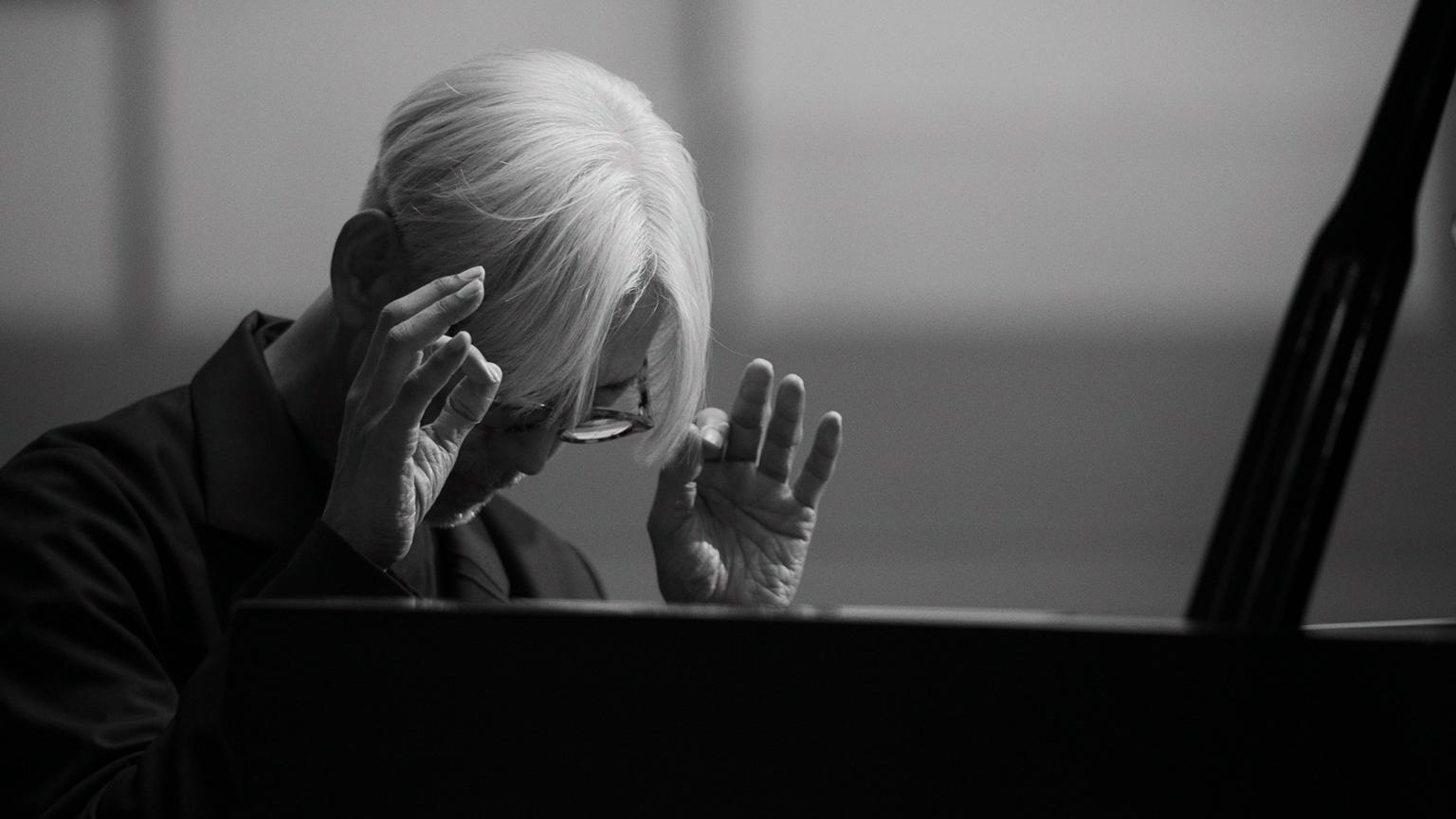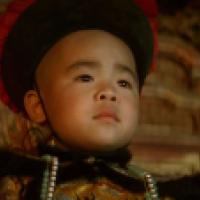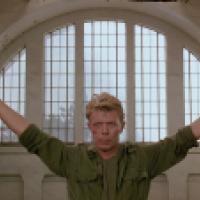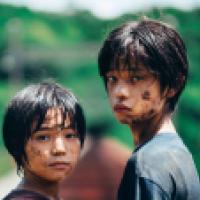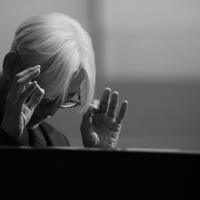Film series: Score by Ryuichi Sakamoto
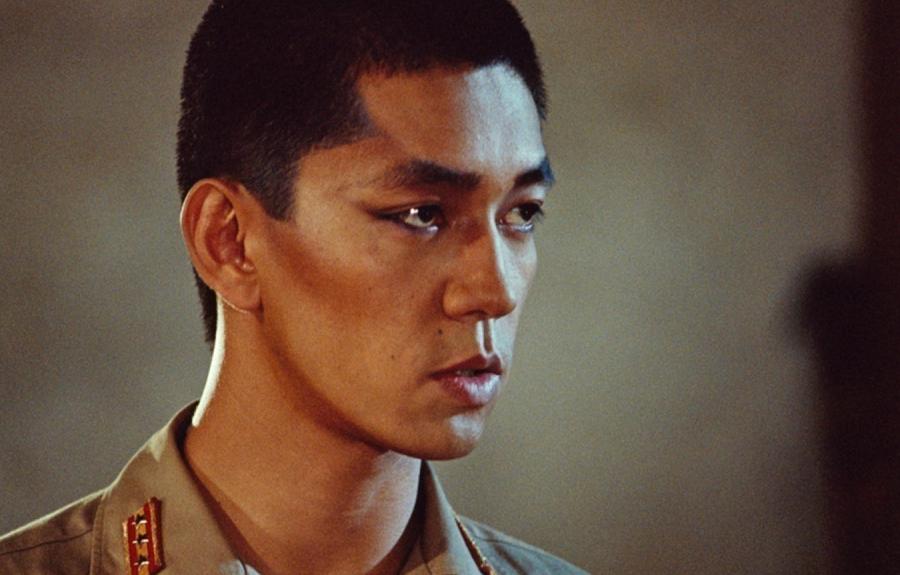
Ryuichi Sakamoto was one of the most influential composers of modern times, producing a body of work that ranged from futuristic electronic work and classic piano arrangements to television commercials and sweeping orchestral scores for film. This spring, Cornell Cinema will celebrate the late musician — who passed away in 2023 after a long battle with cancer — by featuring four of his most memorable film scores.
Born in Tokyo in 1952, Sakamoto trained as a classical pianist before studying music composition at Tokyo University of the Arts, where he was drawn to the work of avant-garde musicians like Nick Cage and started experimenting with electronic sound. In 1978, shortly after releasing his first solo album, Sakamoto joined with drummer Yukihiro Takahashi and bassist Haruomi Hosono to form the influential Yellow Magic Orchestra.
Yellow Magic Orchestra was among the first groups to embrace new technologies like synthesizers, sequencers, and drum machines. Their distinctive, playful sound has been cited as inspiration for electronic music genres ranging from techno to synth-pop. As they gained international acclaim for catchy hits like “Computer Game” and “Fire Cracker”, the group also cheekily critiqued orientalist views of Japan in the West. The group split up in the mid-1980s to pursue solo projects but periodically reunited to produce new work.
Sakamoto continuously pushed new boundaries in his solo work, which is noted for its playfulness, creative complexity, and emotional depth. The first film he scored was also his acting debut: when director Nagisa Oshima invited him to star alongside David Bowie in Merry Christmas, Mr. Lawrence (1983), he agreed to do so – as long as he could write the film’s score. The synth-heavy theme remains one of his most famous works and went on to with the BAFTA for best film score. Sakamoto went on to score three film projects with acclaimed director Bernardo Bertolucci, including The Last Emperor (1987), which won Sakamoto and his collaborators David Byrne and Cong Su the Academy Award for Best Original Score.
Sakamoto continued to relentlessly experiment with sound throughout his career, writing symphonies, operas, and delicate piano albums, designing sounds for video games and Nokia cell phones, and producing experimental electronic work. He also continued creating scores for films: he was nominated for another Academy Award for his work on Alejandro Iñárritu’s The Revenant (2015) and his final film, Hirokazu Kore-eda’s Monster (2023), premiered at the Cannes Film Festival shortly before his death.
We invite you to experience the remarkable creativity of Ryuichi Sakamoto this spring through four of his most striking and original film scores, including:
Merry Christmas, Mr. Lawrence
Directed by Nagisa Oshima, 1983
Friday, February 9 at 7pm
Saturday, February 11 at 6pm
The Last Emperor
Directed by Bernard Bertolucci, 1987
Thursday, February 29 at 7pm
Sunday, March 3 at 5:30pm
High Heels
Directed by Pedro Almodovar, 1991
Thursday, March 7 at 9:30pm
Saturday, March 9 at 6pm
Monster
Directed by Hirokazu Kore-eda, 2023
Thursday, March 14 at 7pm
Sunday, March 17 at 5:30pm
Ryuichi Sakamoto: Opus
Directed by Neo Sora, 2023
Sunday, April 14 at 5:30pm
Sunday, April 21 at 8pm
This series is generously cosponsored by the Department of Music.

